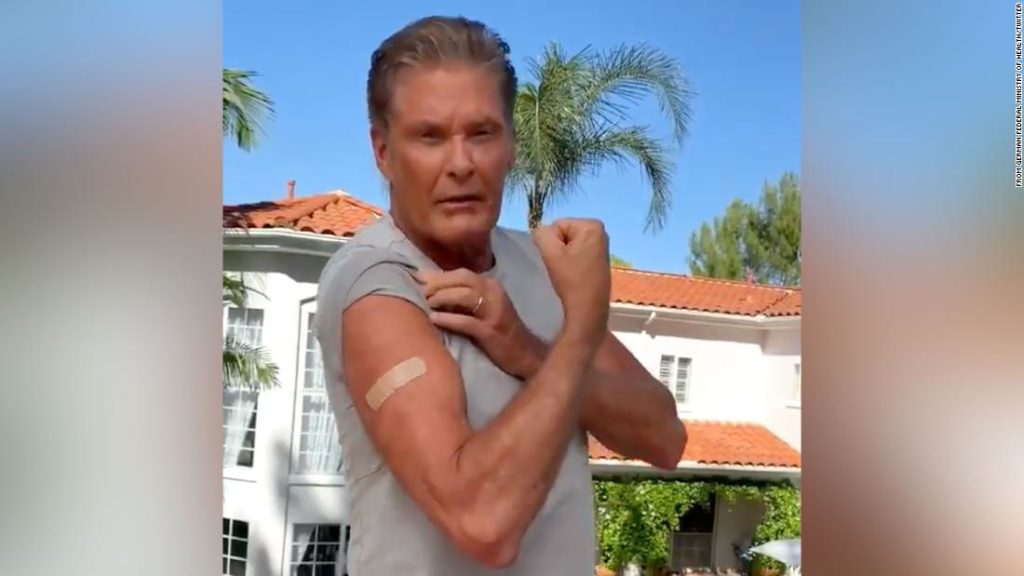The debate about their advertising strategy began back in last November, when the federal government released a trilogy of tongue-in-cheek videos using the hashtag #besondereHelden, which means “special heroes.” The clips portrayed war heroes from the future, who “fought” against the spread of Covid-19 when they were young by being couch potatoes.
But at the same time the trilogy was criticized sharply on Twitter for its light-hearted tone during a time of national crisis and severe loss of life as Germany lost nearly 90.000 people to the coronavirus. Additionally they found the videos insensitive to many people who did not have the privilege of being lazy in the pandemic: such as essential businesses personnel, health care workers and service staff.
“While the plea of staying home and reducing contacts is a serious one, it is conveyed ironically,” Seibert maintained.
But “nowadays irony doesn’t work as well with people anymore,” Joachim Trebbe, a media and communications studies professor at the Free University of Berlin, told CNN.
Another problematic episode of Germany’s pandemic communication unfolded on June 8 when a Berlin-based doctor, Najeeb Al-Saidi, was found to have posted anti-Semitic content on Facebook in May. He was commissioned by the German government to promote vaccinations among the country’s Arabic-speaking population. Al-Saidi and the government both declined to comment to CNN.
“The two most problematic posts were a demand for all Zionists, meaning Jews, to leave Israel and another one praising the militant branch of the terrorist organisation Hamas, the Al-Qassam-Brigade.” Filipp Piatov, head of opinion at BILD, the German tabloid which first reported on the incident, told CNN.
The German government took the video down after the discovery went public. Merkel’s spokesperson Seibert told a press conference this week that he deeply regretted “we did not conduct the necessary background checks in time.”
“When we put the video up on the internet we weren’t aware of the details,” he added, but critics like Piatov say the due diligence only required “a simple Facebook search that only took a few seconds.”
The latest campaign was the Hasselhoff video, which was shared by the country’s health ministry on Twitter, where the star urged Germans to get vaccinated saying: “I found freedom with vaccination. You can too!”
This was part of the government’s #ÄrmelHoch campaign, meaning “sleeves up,” in which numerous German celebrities promote vaccination. It aims at “reaching a broad part of the population and motivating them to get the vaccine,” according to the health ministry.
After one irrate Twitter user asked for the same amount of money that Hasselhoff received for the videos, health officials added that the American star did not “receive any payment for his performance. He contributed to the campaign with his message because of conviction.”
“Testimonials like this one have positive effects on people’s behavior. But it came too early and they advertised something that wasn’t yet available,” Trebbe said.
In one key regard the German campaign was a success: it got publicity, but at the cost of mockery, criticism and embarrassment. Many in the country are now wondering what their government will come up with next in their bid to keep people safe.
You may also like
-
Afghanistan: Civilian casualties hit record high amid US withdrawal, UN says
-
How Taiwan is trying to defend against a cyber ‘World War III’
-
Pandemic travel news this week: Quarantine escapes and airplane disguises
-
Why would anyone trust Brexit Britain again?
-
Black fungus: A second crisis is killing survivors of India’s worst Covid wave

